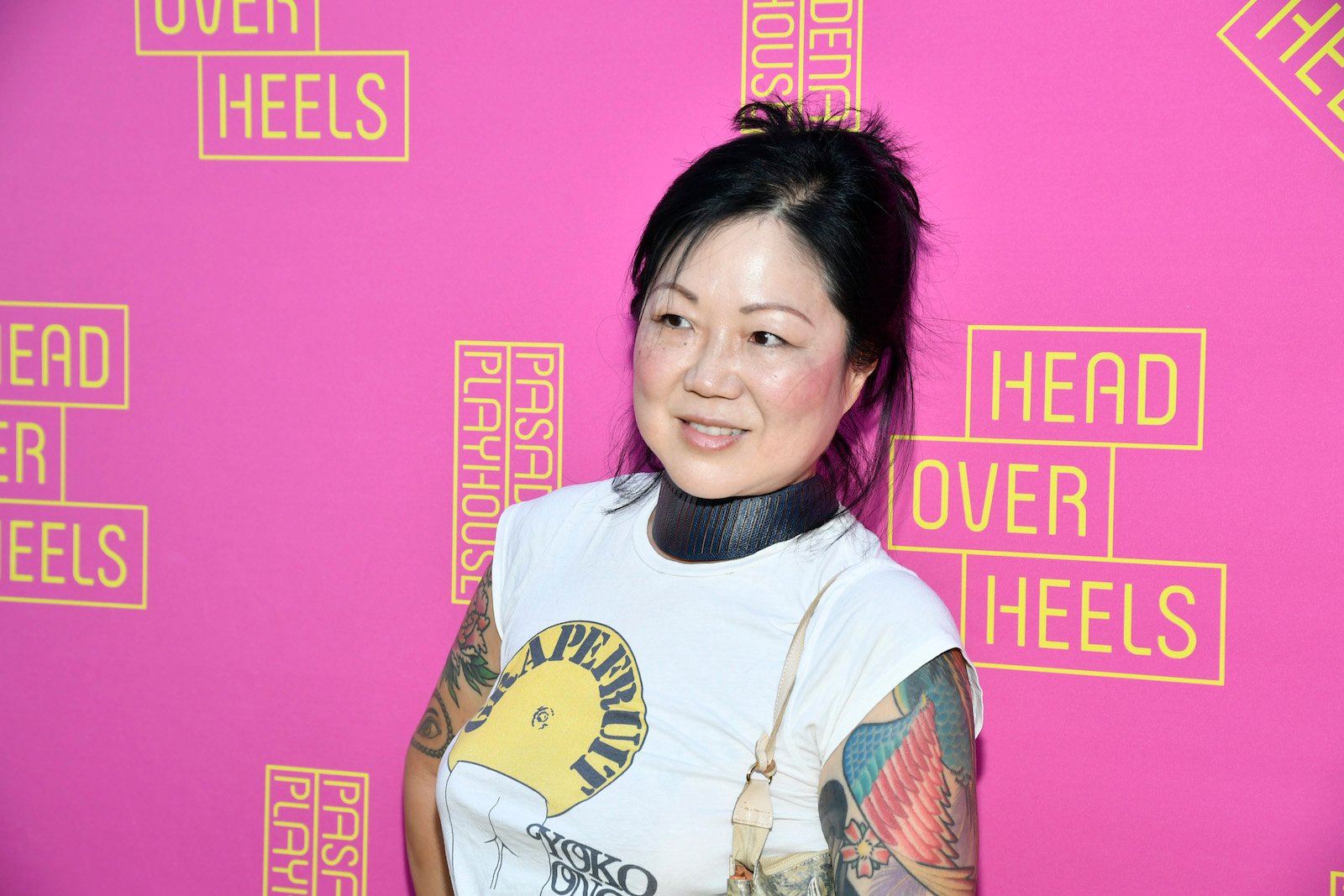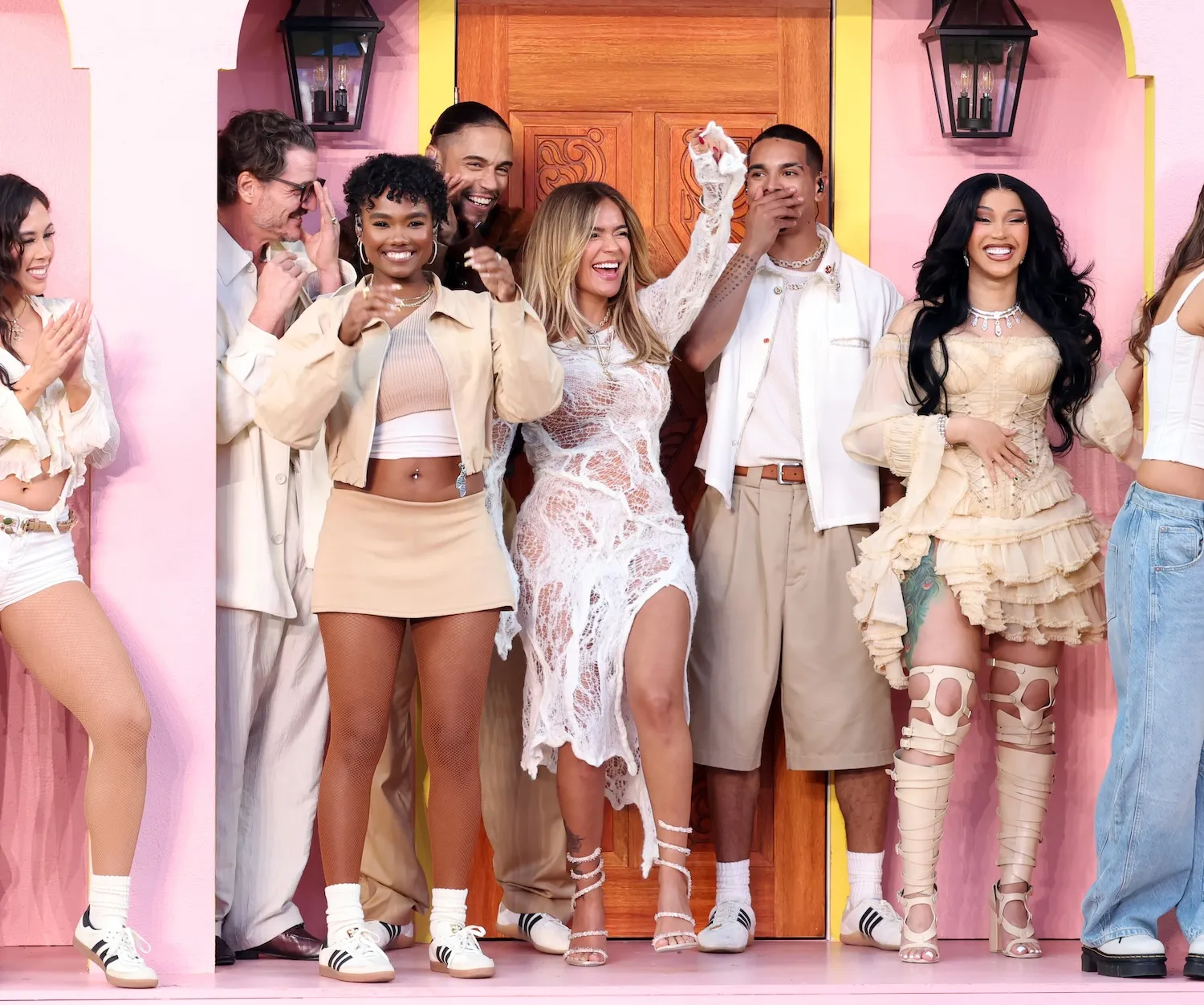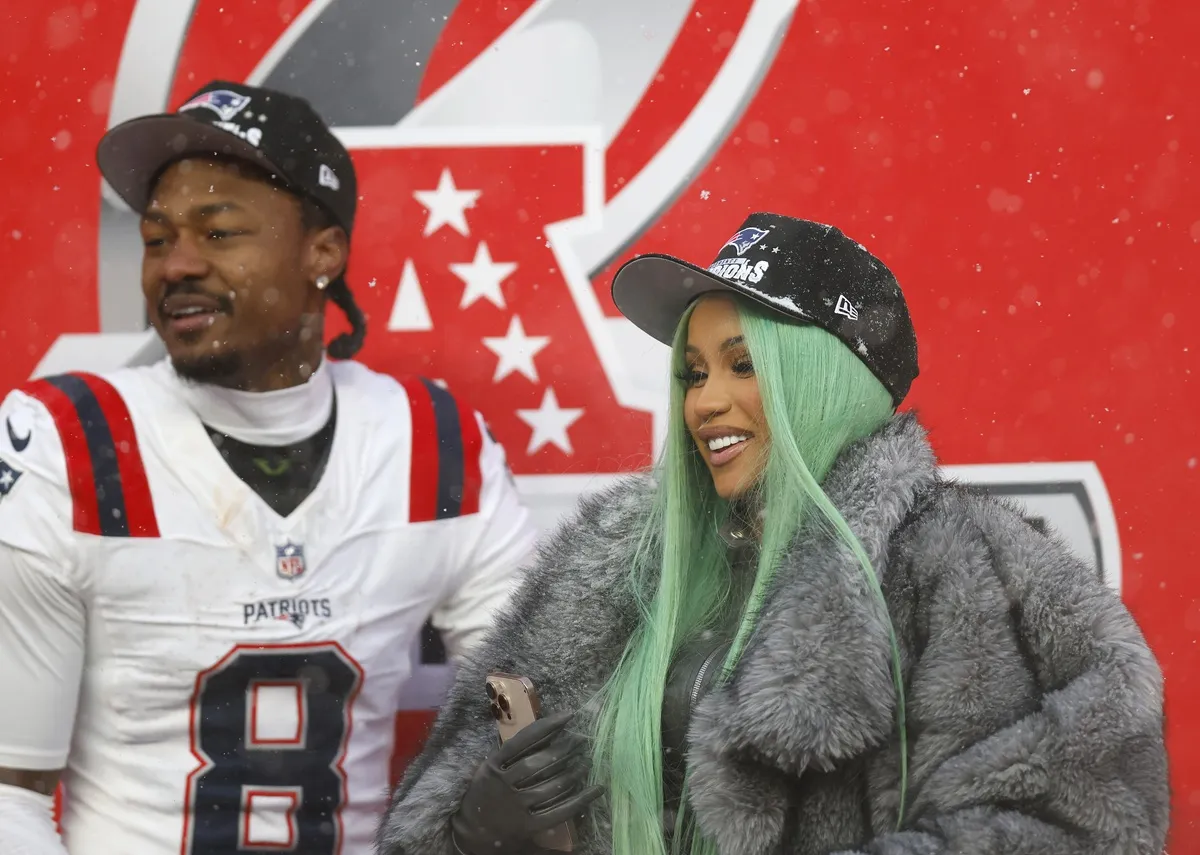Margaret Cho Compares ‘Sex Appeal’ to John Hughes ‘Weird Science – but in ‘a Really Great Update’
Comedian Margaret Cho, who stars in Hulu’s Sex Appeal said the new coming of age comedy has many of the same notes of a classic John Hughes film, but without the old ideals portrayed in the ’80s.
Cho said that Sex Appeal explores race and gender further than a Hughes film. But it is drawn from the same basis as the classic coming of age comedy from decades ago.
‘Sex Appeal’ is a ‘new take on Weird Science,’ Margaret Cho says
Cho said she instantly fell in love with the Sex Appeal script. “I love it,” she said on the Behind the Velvet Rope with David Yontef podcast. “And I just got the script and I fell in love with it. It just was so funny and just so interesting, you know, it, it’s something like, I love the genre of the coming of age film, and I love movies like this.”

“And, you know, I love like this take on it,” she continued. “You know, this is a new take on Weird Science. It’s like a new take on the John Hughes classic films of the ’80s where you have a totally female-centric, totally feminist, and really great, great, interesting story.” She added, “That’s coming out of a place that, you know, needs to needs to happen. But it’s also a classic genre.”
‘Sex Appeal’ is a ‘great update’ to a John Hughes film
While Cho agreed that Hughes’ films are classics she said they are peppered with stereotypes that wouldn’t fly today.
But Sex Appeal does mirror films like Weird Science. “Oh, but in a way that’s like a really great update,” Cho said. “A re-imagining of it. You know John Hughes movies were always really important to me. But when I look back, I think about how problematic they are, you know, how difficult it is to kind of come to terms with the race issues with the weirdness that he’s kind of embodying so much interest in this young girl. And it, it is like an older person looking at a younger person. Whereas this film is really of like, let’s all grow up together.”
She added that it is important to reflect and look back on films as they represent society at the time. “I always have to look back,” she said. “I think all film in the same way of like, I guess in the, in the way that things, certain things can’t really age in, in the way that we would like them to. But this is a good way of kind of like taking all the things that we love about films like that and updating it.”
Molly Ringwald made a similiar observation about his films
Molly Ringwald, who became somewhat of a muse for Hughes and starred in films like The Breakfast Club and Pretty in Pink penned an essay in The New Yorker about what Hughes’ films would mean today. While she is still proud of her work in the films, she wrote that Hughes’ films “could also be considered racist, misogynistic, and, at times, homophobic. The words’ f*****’ and “f*****” are tossed around with abandon; the character of Long Duk Dong, in ‘Sixteen Candles,’ is a grotesque stereotype.”
She added that the character John Bender (Judd Nelson) from The Breakfast Club has an inappropriate interaction with her character, Claire. “As I can see now, Bender sexually harasses Claire throughout the film,” she wrote.
“When he’s not sexualizing her, he takes out his rage on her with vicious contempt, calling her ‘pathetic,’ mocking her as ‘Queenie.’ It’s rejection that inspires his vitriol . . . He never apologizes for any of it, but, nevertheless, he gets the girl in the end,” she concluded.


